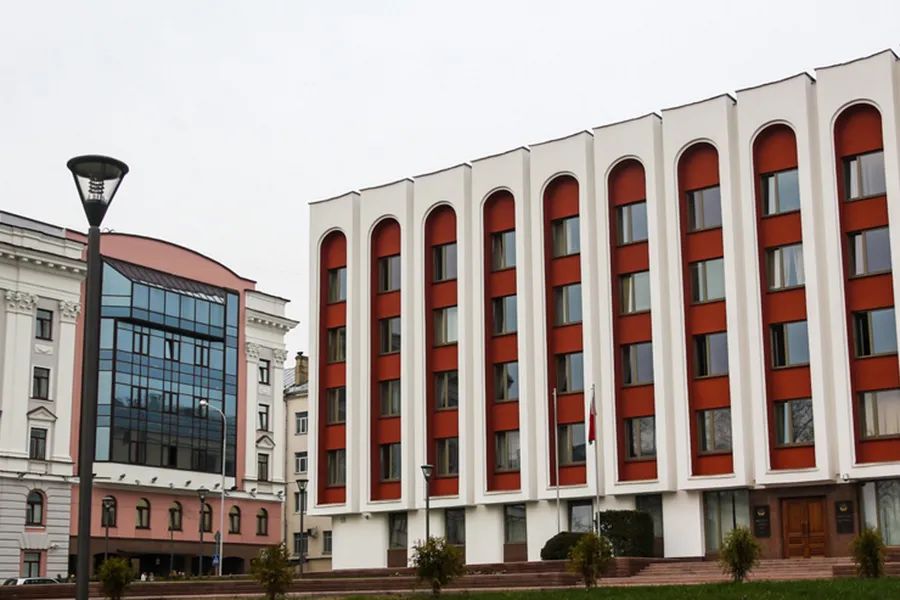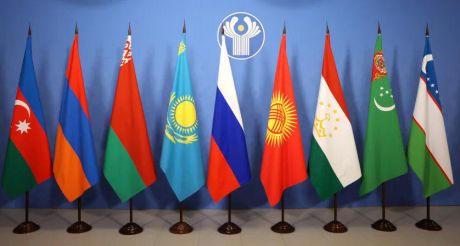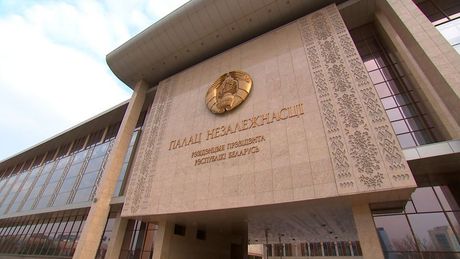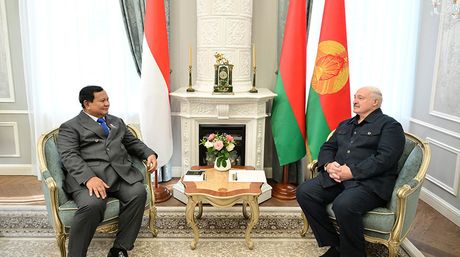Belarus denies accusations of creating migrant crisis in Lithuania
09:08, 4 August

The EU's accusations against Belarus of creating a migrant crisis at the Lithuanian border are groundless and contrary to reality, Press Secretary of the Belarusian Ministry of Foreign Affairs Anatoly Glaz said in a press statement for journalists posted on the ministry's website.
- Share on Facebook
- Share on VK
- Share on Twitter
“This has nothing to do with reality. We keep track of all such statements and do not see any genuine desire to address the problem, we see neither logic nor common sense, only stereotyped and unsubstantiated accusations and threats,” Anatoly Glaz said.
According to the Ministry of Foreign Affairs, throughout the year the EU officials and Lithuanian authorities have been consistently and deliberately destroying the system of cross-border cooperation with Belarus that took many years to build. For example, Lithuania blocked funding under the readmission agreement with the EU, unilaterally suspended contacts with Belarusian counterparts, demonstratively cut off all ties between law enforcement agencies envisaged by bilateral agreements, and so on.
“For his part, the EU high representative for foreign affairs and security policy, while throwing unfounded accusations, chose to ignore, for some reason, the fact that since April 2021 Belarus has repeatedly and persistently signaled its willingness to hold consultations on migration issues through the few channels left open by Brussels. We did it even after the suspension of cooperation programs previously agreed by the EU,” Anatoly Glaz said.
Anatoly Glaz noted that Belarus' proposals and other initiatives in the areas important for all remained unanswered. “Please note that even now there is not a single voice in the EU calling for dialogue to settle the problem that has arisen. All speakers also carefully avoid to speak about the true reasons for the massive flows of illegal migrants from Iraq and other countries where the West has vested interests. Refugees and migrants are fleeing to the European Union not only and not so much through Belarus. There are many more such routes,” he said.
According to the UNCHR Global Report 2020, last year the number of forcibly displaced persons in the world exceeded 90 million people, with 21 million recognized as refugees. Of them, about 38% was registered in Africa, 20% in the Middle East, 12% in Asia, 12% in Latin America and only 10% in Europe.
BelTA






